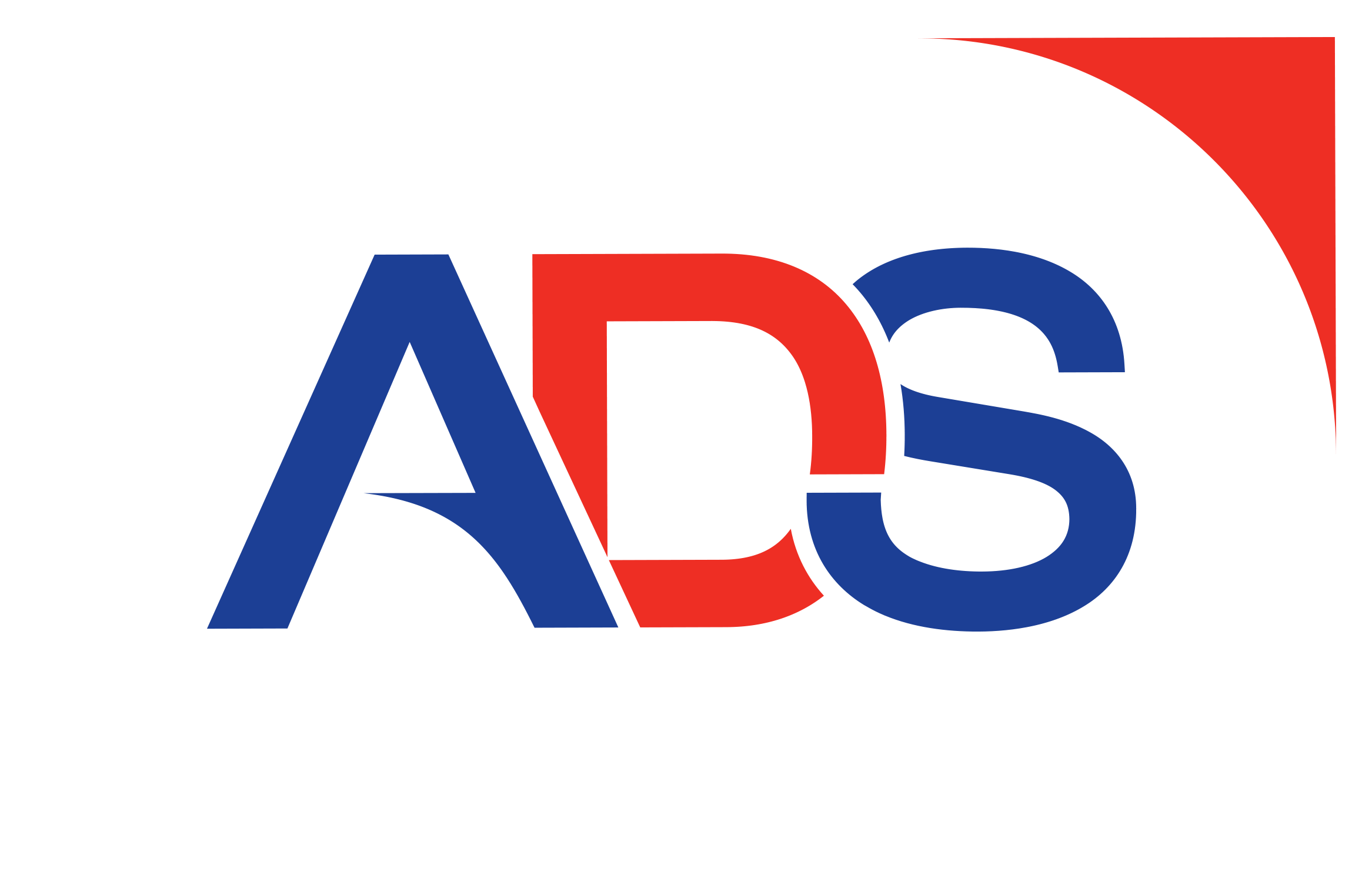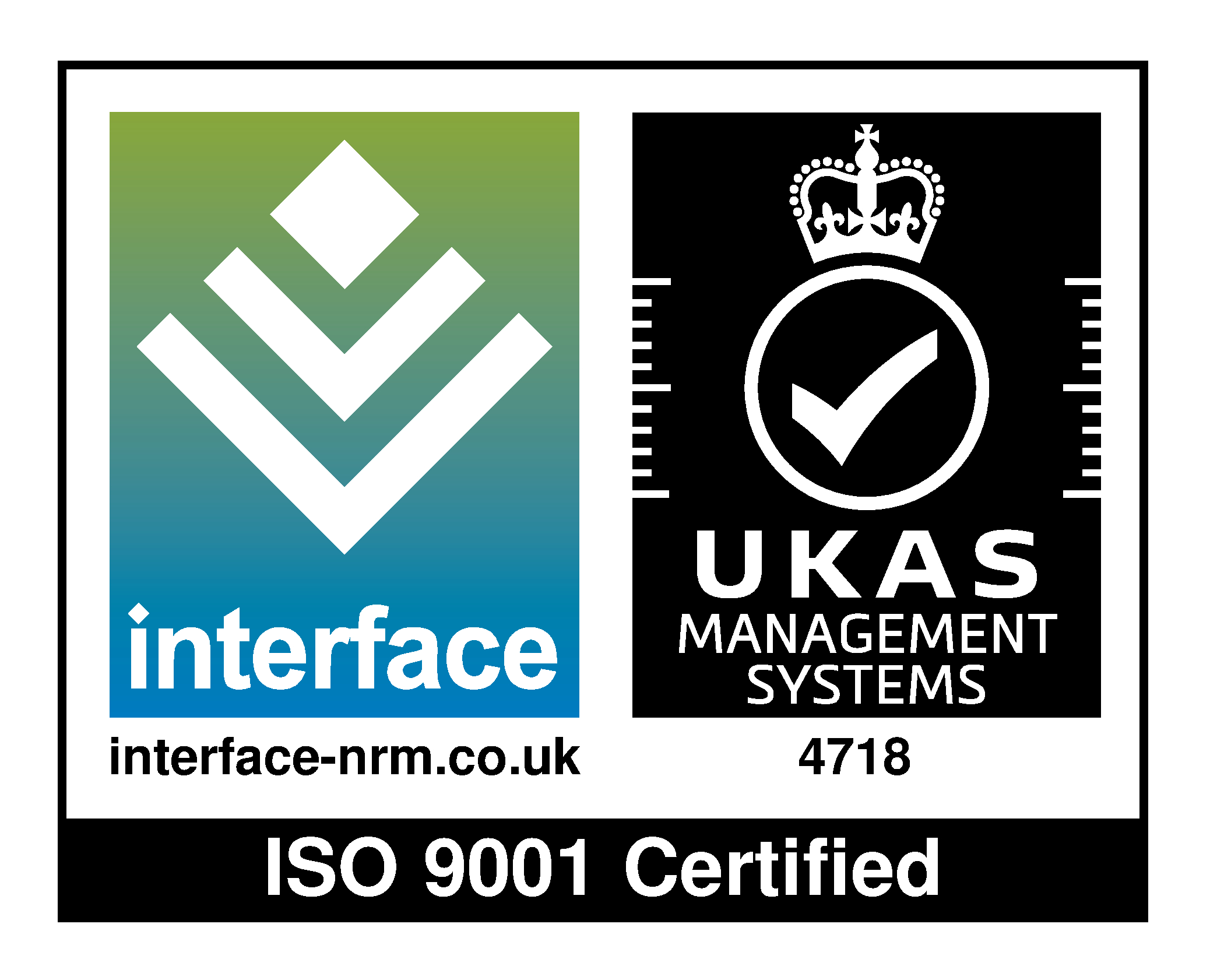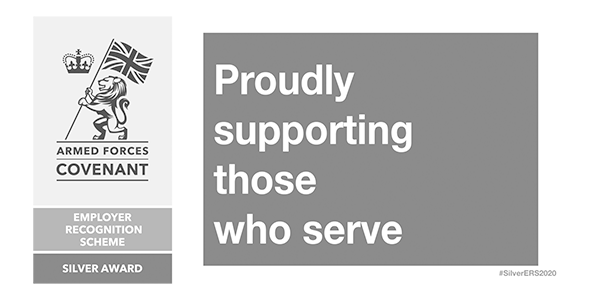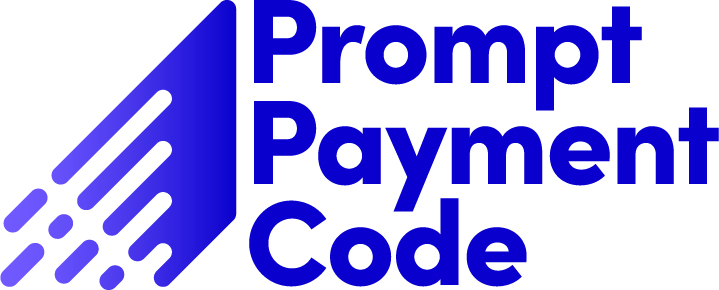
“So, I’m a bit flippant a lot of the time about saying that cost modelling to a large extent is just making up numbers.”
I look up from my notes at that comment and chuckle. The last thing I feel I should be including in an interview about cost modelling is that sentence, but the cheeky grin on Dave’s face tells all. This is a man with over 35 years of experience in the field. You do not get to Dave’s position by simply making it up.
“So, going back way into the mists of time I have been involved in all manner of bits and pieces. As far as defence is concerned, I have been involved in all the domains you could imagine. Land, Sea, Air, IT, which is not really a domain, but it has its own little flavours, and then Cyber and Space.”
“But I have also been involved in the energy industry, working for Ofgem, doing analysis and examination of their materials. And what else? Oh, health. And again, it is not standard cost forecasting, but it’ was looking at the costing and the financial aspects of a large government organisation in the health domain.”
Clearly Dave has been busy. As a new starter myself, I have been making it my business to get to know my colleagues. Dave is a Principal Consultant at Sirius Analysis and kindly ‘volunteered’ as my first interviewee. He agreed to talk about one of the key services Sirius Analytics offers, the world of Cost Engineering.
“Basically, I try and forecast the costs for things; which may be a wide variety of items. The type of studies I have been involved in, have principally been associated with ensuring value-for-money, and that there is evidence that backs up any decisions. So, a lot of it is decision analysis and getting the evidence to support those decisions, not necessarily just for business cases, although that is a large part of what I do.”
Crisis averted! I knew Dave was joking earlier… He goes on to give a maritime example, something dear to many of our hearts at Sirius.
“So going back historically into destroyers we have Type 45’s now, Type 42’s before that. Type, et cetera, before, and then hoovering up the Americans, the French, and the German equivalent types of platforms, you can map over time their displacement against the cost for each hull. There will be a relationship, and usually, it could be a linear log relationship, or a log-log relationship based on time and displacement, but you plot a straight line out of the data points.”
“Using that, you can say if we want to buy a ship in x years’ time, then we can produce a high-level estimate of the first order. That is your actual starting point before you even know what colour you are painting it or what sort of radar you fit into it or what missile system, or how many people it has got to carry, et cetera, et cetera. And you will find that will give you a reasonable estimate, plus or minus an amount of uncertainty.”
My eyebrows raise when high uncertainty is mentioned. Surely that is a bad thing?
“If you are paying hundreds of millions for a platform, you could be 100 million out and still have it viewed as a reasonable estimate upfront, which improves over time.. So, this is what is known as a cone of uncertainty.”
Dave then proceeds to motion with his hands the cone of uncertainty. Unfortunately, the nuances of his description are lost over our video call, but he kindly makes a diagram.

We move on to how Dave does all of this.
“Excel is the tool of choice when it comes to doing a lot of these things. You can get into Monte Carlo simulations if you have shed load of inputs with three-point estimates, you sample those and you get an output number or distribution.”
“So, we have all these inputs and the first time we model it, we get £98 million. The second time we get £105 million, third time we get £97 million, et cetera. You take all those numbers, you do a thousand simulations, for instance, and you say what is the distribution of those numbers? So, the interpretation from a rigorous perspective of those sort of outputs has a very definite statistical spin to it.”
So, simulation and statistics are crucial to this role. I was curious what other skills would be useful to those that wanted to put their hand to Cost Engineering.
“Really what you need is analytical flexibility, understanding what makes the system work and what the architectures are. The single consistent thread that runs through is numeracy. You need to be able to add numbers up! You would think it comes as a bit of a given, but it is not always. There is a whole raft of good practise designed to mitigate the problems that were observed.”
Let us say 20, 30, 40 years ago. When it came to cost, people would open excel and throw numbers on a sheet. That is not really the best way of doing it because the whole discipline of cost forecasting is what are you trying to derive? What is the purpose of the forecast you are generating? How are you going to deliver all that before you start adding up the numbers?” Sounds obvious, but I am sure we have all been in meetings and the dreaded ‘requirements creep’ starts rearing its ugly head.
We move on to how Dave has been settling in since joining Sirius. With his experience, Dave could have gone anywhere, what was his pull here?
“One of the things I like working at Sirius, is there is a degree of self-determination and flexibility. As long as you get the work done; and as long as you produce an appropriate solution and implementation, within the budget, then it works. You do not have to do it in accordance with the set of rules that was done last week and the week before that. It is not just a box ticking exercise. There is a degree of flexibility, as well as variety. Also, unless you have a hard-and-fast deadline, it gives you the opportunity to think about things. To work up solutions before having to implement them, to get your head around the problem.”
I can personally relate to this. Since joining I have worked on a multitude of projects, as well as being given the opportunity to write articles!
This concludes our chat. Big thanks to Dave for taking the time to talk to me about his experiences throughout his career, and at Sirius. If anything Dave has spoken about interests you, I am happy to report that Sirius is hiring! If you think you have what it takes to do Cost Engineering, or any of the roles we have listed on our website, please do get in touch. We would be delighted to hear from you!
Sam Andrews







